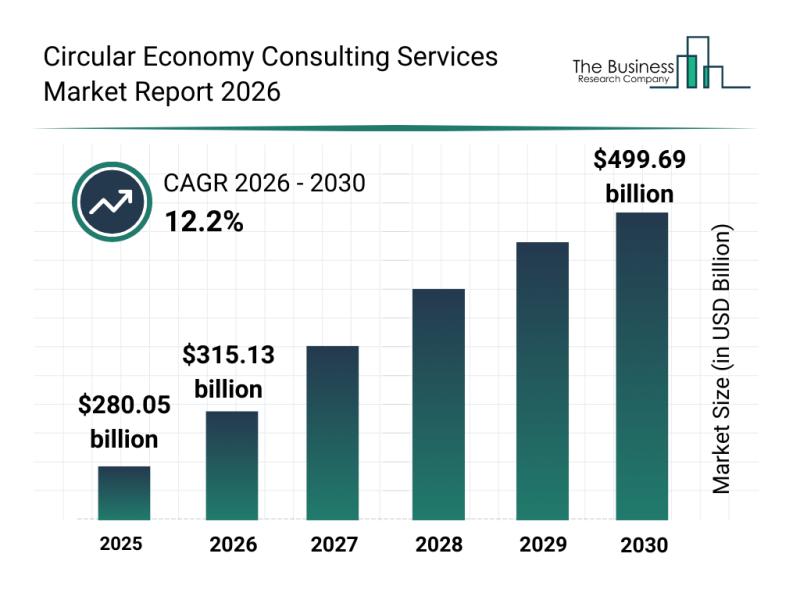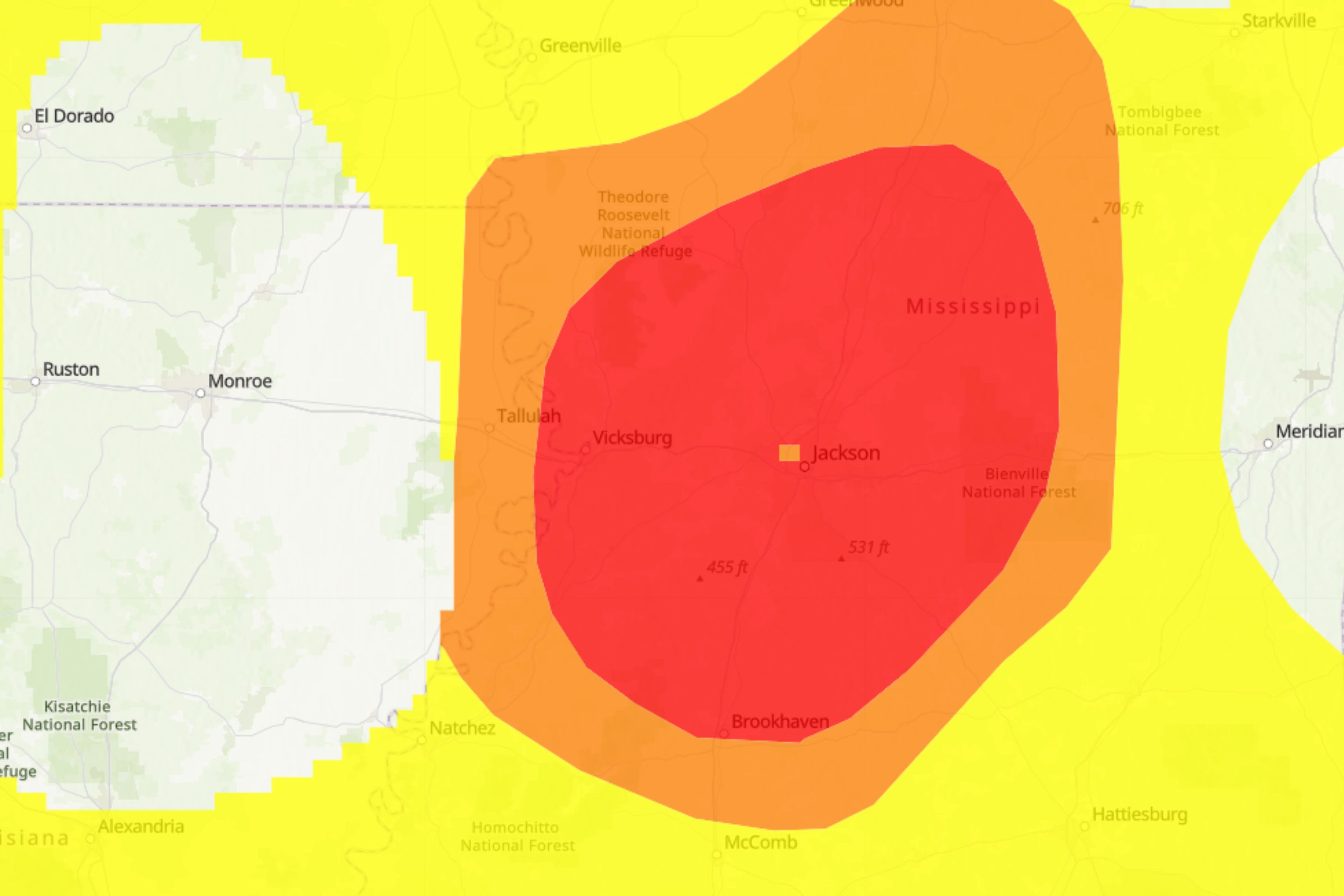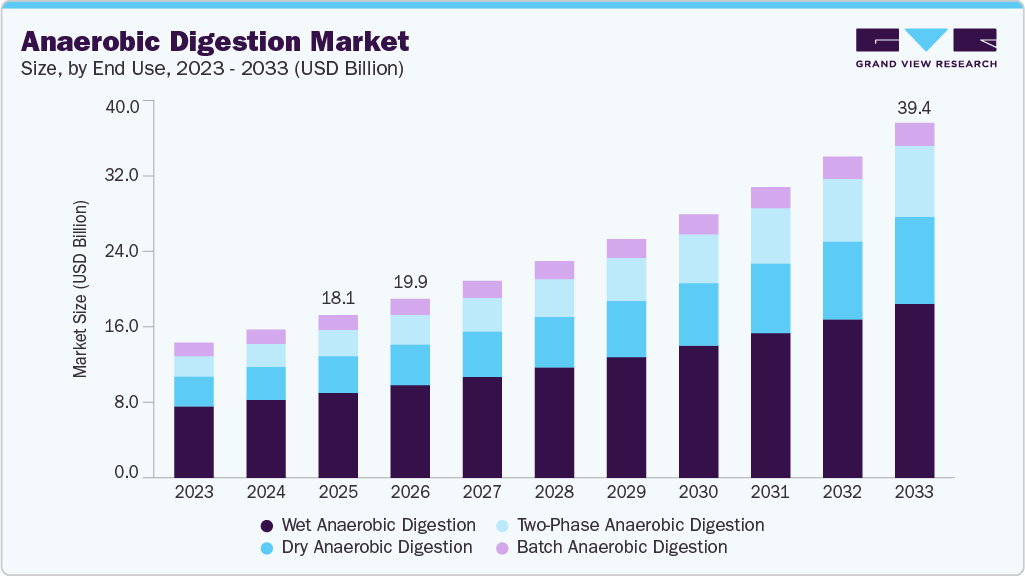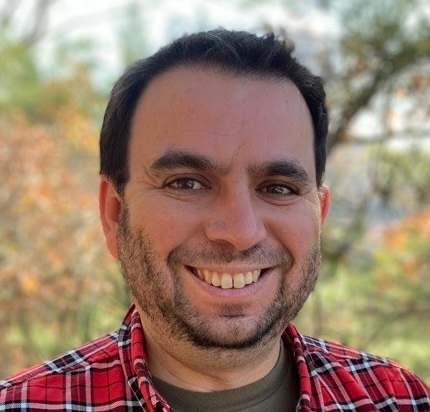‘Breaking point’ reached on climate, while ‘outdated’ global system needs urgent reform: Guterres
UN Secretary-General António Guterres, addressing the G20 Summit, warned of a climate crisis at a "breaking point," urging G20 nations responsible for 80% of global emissions to lead the charge in reducing emissions by 9% annually. He called for urgent reform of global governance and financial systems to tackle inequalities, strengthen international cooperation, and build trust ahead of critical climate and development conferences.

Speaking at the G20 Summit – a forum that brings together 19 countries and the European Union, accounting for 85 percent of the world economy – Mr. Guterres delivered a stark assessment.
“Our climate is at a breaking point,” he told the gathering of industrial powers. “Unless we limit global temperature rise to 1.5 degrees Celsius, spiraling disasters will devastate every economy,” he told world leaders at the Brazil hosted summit.
Critical role on climate
In relation to COP29 which continues in Baku, Mr. Guterres stressed that “failure is not an option” warning of irreversible tipping points.
The success of the UN Climate Conference is largely in the hands of G20 members: “The G20 is responsible for 80 percent of global emissions. So, we need you out front,” he said, calling for emission cuts of nine percent annually this decade.
The Secretary General welcomed recent climate commitments from Brazil and the United Kingdom, while announcing a new Global initiative for Information Integrity on Climate Change, partnering with Brazil and UNESCO to combat climate disinformation.
“The preservation of the Amazon is a case in point,” Mr. Guterres noted, linking Brazil’s hosting of COP30 in a year’s time to the urgent need for climate finance agreements at COP29. “We must succeed in Baku, build trust and incentivize the preparation of high ambition national climate plans next year”.

Global governance in crisis
The climate crisis, Mr. Guterres stressed, is compounded by challenges to global institutions. The Secretary-General pointed to the mounting global challenges, emphasising a deepening crisis in international cooperation.
“We face a global governance deficit and global trust deficit. Poverty, inequalities and the climate crisis are getting worse, and peace is getting further out of reach,” he stated.
His remarks come at a critical juncture following the recent UN Summit of the Future, which adopted the Pact for the Future aimed at strengthening multilateralism and global governance mechanisms.
Reforms ‘must not become a mirage’
“As wars grind on, innocent people are paying a terrible price and the Security Council is unable to stop them,” he said, urging that “reform must be pursued with determination and not become a mirage”.
The UN chief challenged G20 nations to overhaul what he termed an “outdated and unfair” international financial architecture.
“The world looks to you to act on the Pact’s commitments to accelerate reform,” he told leaders, emphasising the need to give fair representation to developing countries and shield vulnerable economies from global shocks.
Path forward
As the two-day Summit draws to an end, world leaders are focusing on addressing challenges ahead of July’s major UN Financing for Development conference in Spain, COP29, and next year’s COP30 in Brazil.
The Secretary-General emphasised that the success of these upcoming meetings largely depends on G20 leadership and commitment to reform.
Mr. Guterres concluded that “we must make sure that we support the necessary reforms of global governance because they are absolutely essential to rebuild trust in today’s world”.
What is Your Reaction?
 Like
0
Like
0
 Dislike
0
Dislike
0
 Love
0
Love
0
 Funny
0
Funny
0
 Angry
0
Angry
0
 Sad
0
Sad
0
 Wow
0
Wow
0












































































